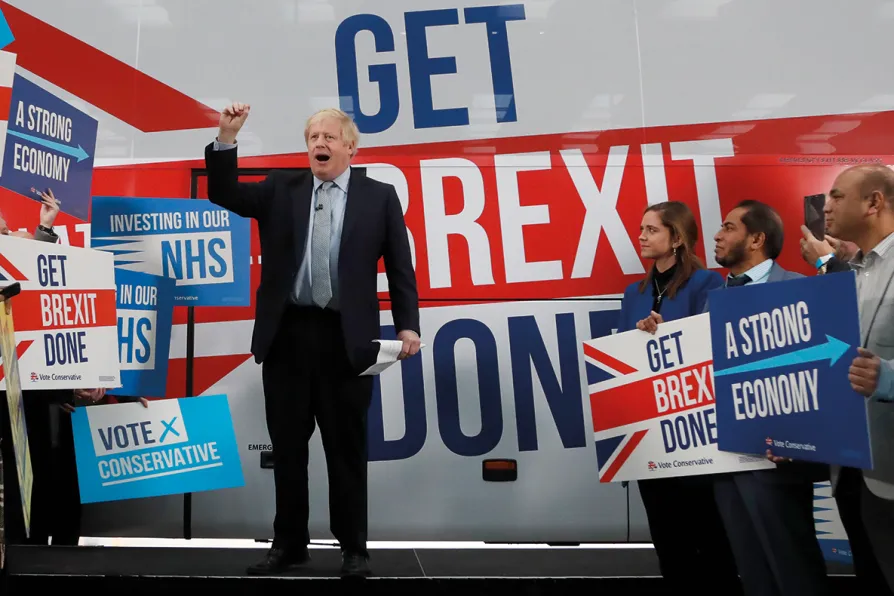As tens of thousands return to the streets for the first national Palestine march of 2026, this movement refuses to be sidelined or silenced, says PETER LEARY


AT the time of writing the outcome of the Brexit negotiations is unclear. Either both sides are maintaining unusually tight security around the content of the talks, or perhaps even the principals do not know what the final destination will be.
But if we take a step back and rather than focus on forecasts of the Brexit negotiations and their impact, we look to what the Tories are currently doing, a clearer picture should emerge.
Governments always aim to align domestic and foreign policy around complementary aims. A failure to maintain that alignment can rapidly lead to a failure of government. Therefore, we should judge what the overall aims of this government not by rows about future fish quotas, but instead by what it is actually doing here and now.

DIANE ABBOTT MP warns Starmer’s newly declared war on foreigners and scroungers won’t fix housing or services — only class struggle against austerity can do that, and defeat Farage in the process













